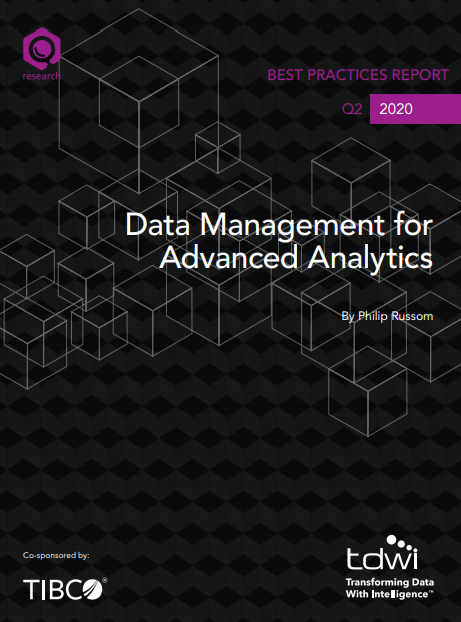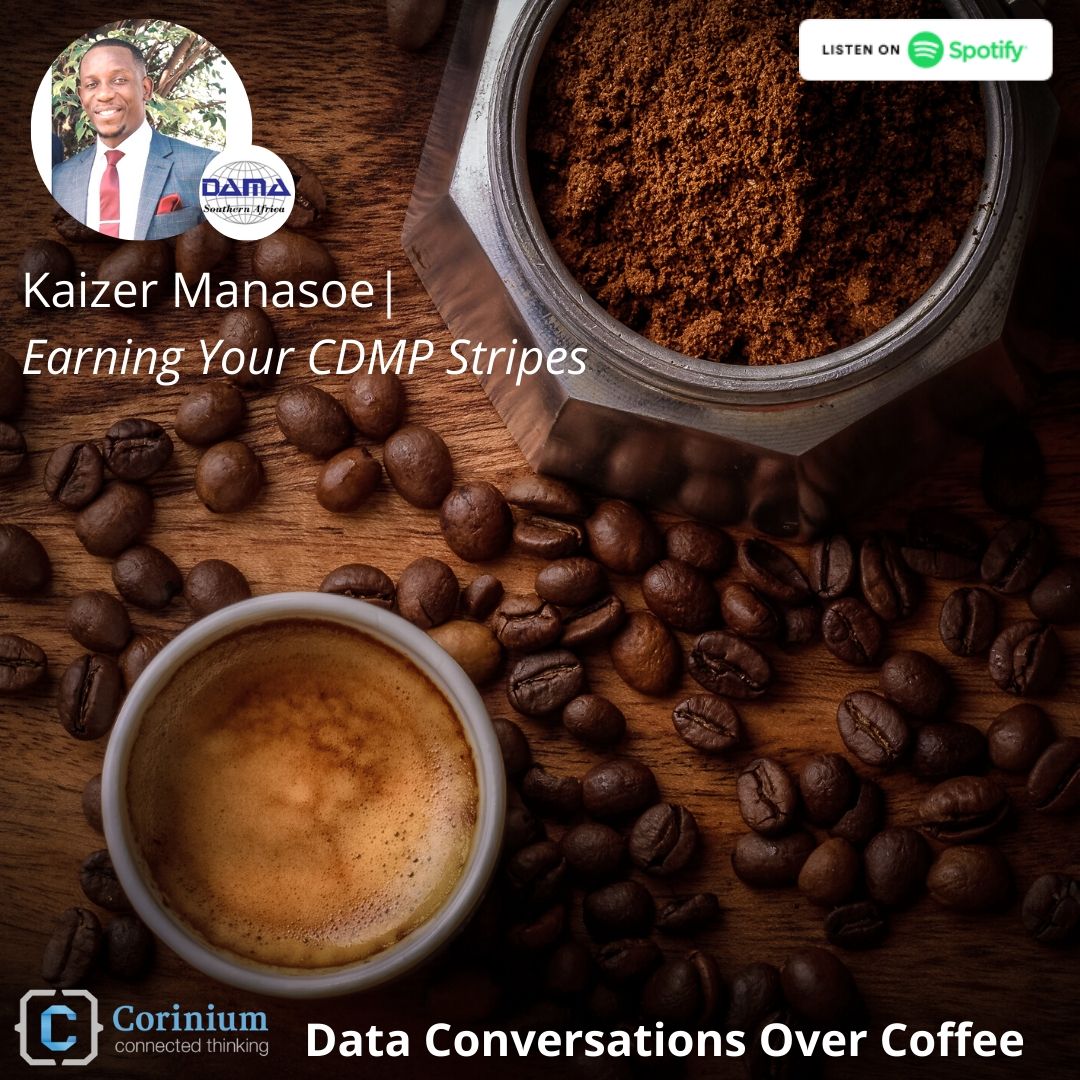Corinium’s data analytics events are designed to provide deep value to senior leaders and decision makers who are responsible for driving the strategic growth of data analytics within their organisations.
Gert Botes, Data Analytics Portfolio Director - MEA conducted a brief interview with
Abigail Britton, Data Science Lead at Anheuser-Busch InBev
-------------------------------------------------------------------------------------------------------------------------------
Abigail, please tell us a little bit about your role as Data Science Lead and what does your average day tasks look like?
Since I work across all functions of AB InBev, day-to-day activities are quite variable. In the morning I can be at a brewery learning about steam demand on boilers and that afternoon be connecting with colleagues from around the globe on draught tap optimisation. Generally speaking, my days are split between learning, collaborating and measuring value, washed down with a Castle Lite at the end.
What are some of the biggest challenges that you face in the world of data science today?
Finding data scientists with business acumen is difficult. Access to clean and reliable data remains problematic. Typically, one can buy data from market research companies, but this is pricey. Change management within business can be an obstacle if not planned properly and business isn’t taken on the journey.
Data analytics/data science professionals are currently high in demand and being poached all over, why do you think this is and how many years before supply overtakes the demand would you say?
I don’t necessarily think that supply will overtake demand. The world is becoming increasingly “smart” and automated. As data scientists, our dream is to enable computers to make the most complex of decisions based on a variety of real-world data, the way humans do. I don’t think we will ever be able to perfectly replicate human decision making processes, though we might get infinitely close. Currently, there is such a huge gap between human intelligence and artificial intelligence, that we will be busy for very many years.
How would you describe the maturity of data analytics within South African companies? Do you feel like the profession is maturing and what’s driving this?
We see South African companies doing such impactful things with data science. Often thinking around data science can be limited to financial impact, but South Africans are solving social problems with data science too. I have been exposed to companies doing transformative work in medicine and agriculture locally, which is very exciting.
What are your thoughts on the role of the Chief Data Officer? Why doesn’t Anheuser-Busch InBev have a CDO and does the role have a future in the company?
The role of a CDO is of course very important for all organisations. While AB InBev might not have the position titled “CDO”, data strategy, governance and control are still of crucial importance and are carried out across teams. We shouldn’t get too bogged down by the title. I think it’s mainly within the financial and banking sectors where the position of CDO widely exists, born from regulatory requirements.
Any reading/website you would recommend to stay updated?
I enjoy Naked Data very much. It looks at various social issues through a data lens. New articles come out on a Friday, so it’s a cool way to start your weekend!
______________________________________________________________________
Abigail Britton, Data Science Lead, Anheuser-Busch InBev
Abigail was the Data Science and Analysis Team Lead at Sasfin and has joined AB InBev in 2018 where she is now the key point of contact between the innovation and analytics teams and the broader business in developing sustainable and scalable analytics solutions that generate measurable business value across Africa.






.jpg)

